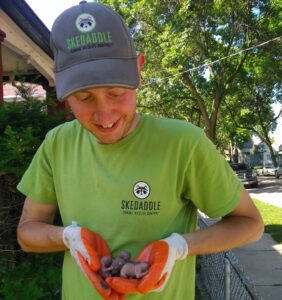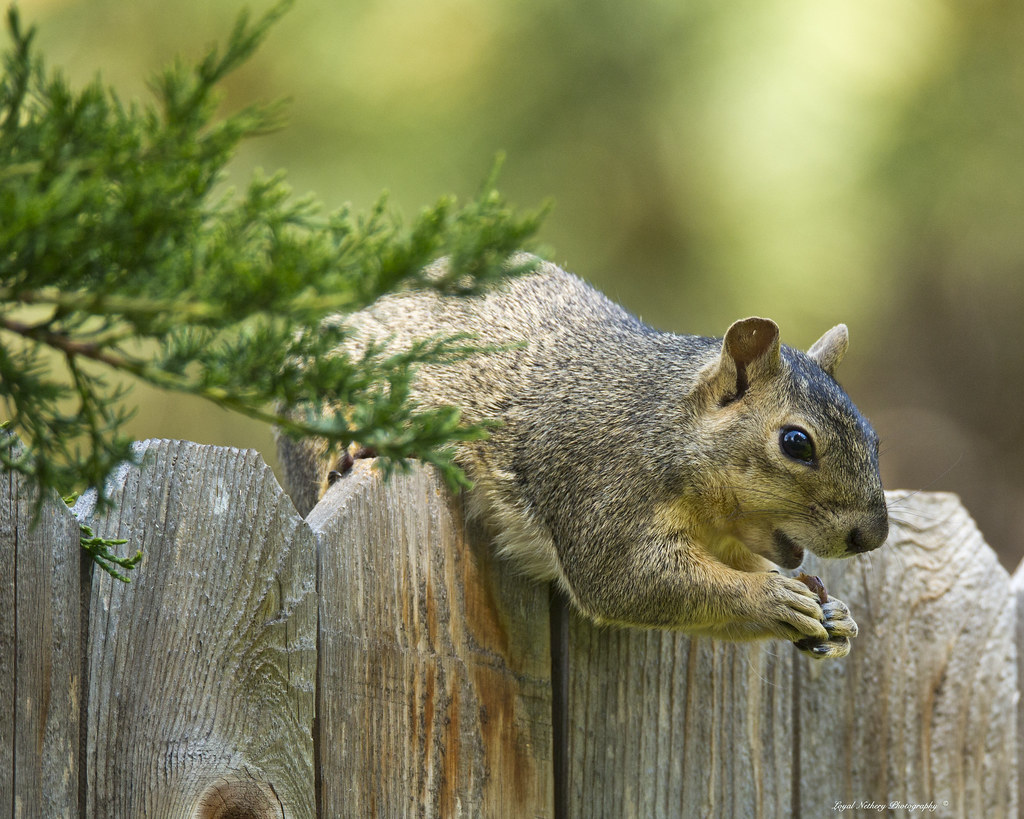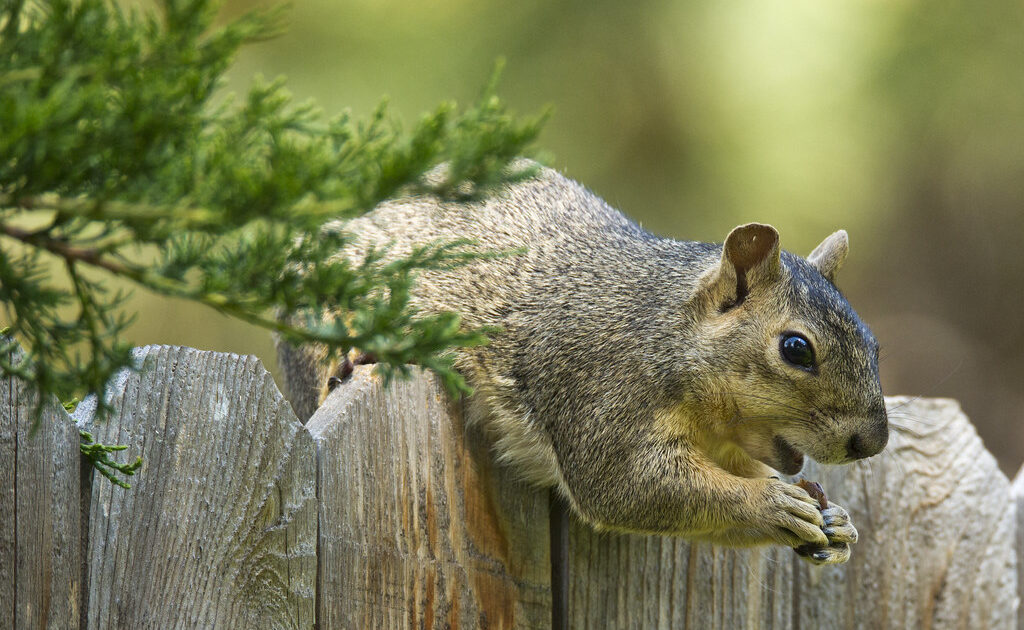Squirrels are pretty popular in North America and they come in varying species including the tree, fox, red, grey, flying and ground squirrel. They are also among the more pleasant wildlife residents. In fact, you could call them the Miss Congeniality of the wildlife world. Squirrels are also pretty efficient at adapting. They have grown accustomed to life in the modern city and urban areas occupied by people, resulting in a need for services such as squirrel removal in places like Oshawa.
Think You Know Squirrels? Think again!
Depending on what you have growing in your garden, you may be inviting squirrels to feast. They prefer nuts and seeds and will dig into your garden beds to find the seeds you’ve planted. When they can’t get enough of their favourite foods, they’ll resort to eating some of the plants in your garden such as tomatoes, eggplants, beans, and squash. They’ll also eat your budding plants or use them to work in their ever-growing front teeth. Consider avoiding these attractants or if you must plant them, ensure that you install robust deterrent and barrier strategies and prepare to consistently monitor for squirrel intrusion. Additionally, you can look into adding some plants that have a reputation as squirrel repellents. One such plant is peppermint. The smell of the plant is unpleasant to squirrels and so it might help to keep them away.
Because squirrels love to eat seeds, bird feeders usually attract them. One option you have is to squirrel proof your bird feeder or fill it with seeds that the squirrels don’t fancy so much. This is a very difficult task though as the furry foragers are so determined that they find ways around the exclusion strategies. You can try trimming the trees around that would allow squirrels to easily get onto the bird feeders, but with flying squirrels being able to soar up to 25 metres this is a long shot. Ultimately, the best thing you can do is to remove the bird feeders entirely if you want to stop attracting squirrels to your property.
Squirrels also love to feast on berries, so if you want to discourage them from visiting, consider removing all berry-producing shrubs around your place. While you’re at it, your fruit trees may need to go as well since squirrels love fruits as well. And of course, it goes without saying that the more of these things you have lying around on the outside, the more likely you are to have some squirrel visitors.
Squirrel Activity
It can be quite entertaining to observe squirrels scurrying around in your backyard. But in the midst of their foraging, squirrels can sometimes get a little clumsy, dropping bits of food as they scurry away. This attracts even more wildlife animals to your premises and of course, compounds your problem.
Squirrels love to chew on stuff. It’s how they sharpen those perpetually growing front teeth and keep them from growing too long. Pretty much everything is fair game for a squirrel seeking to grind its teeth against something. Tree bark and wooden structures (think attic and shed walls) are among the favourites, but man-made material like the hard plastics that are used to make vents and pipes are not excluded. Even electrical wires get chewed on when squirrels get access to them and when this happens, fire hazards arise.

When squirrels are in their maternal phase (This takes place during late winter to early spring and late summer to early autumn), they can be quite aggressive, largely due to the instinctive drive to protect their young. Untrained people who try to approach them during this time are likely to get injured as squirrels will scratch and bite and get into an aggressive frenzy when they think their babies are in danger.
Expert Removal- The most effective solution to all squirrel intrusion issues
If a squirrel-free home is your desire, seek the services of expert squirrel removal for your Oshawa premises. When expert teams like Skedaddle are on the job, the first order of business is a thorough assessment (especially crucial during the two squirrel birthing seasons since baby squirrels could be involved) followed by the use of tools and techniques to coax squirrels out. This is followed by prevention strategies which include capping vents and open spaces with squirrel barring mesh and nettings as well as sealing breaches in your building that can become access points for squirrels.




